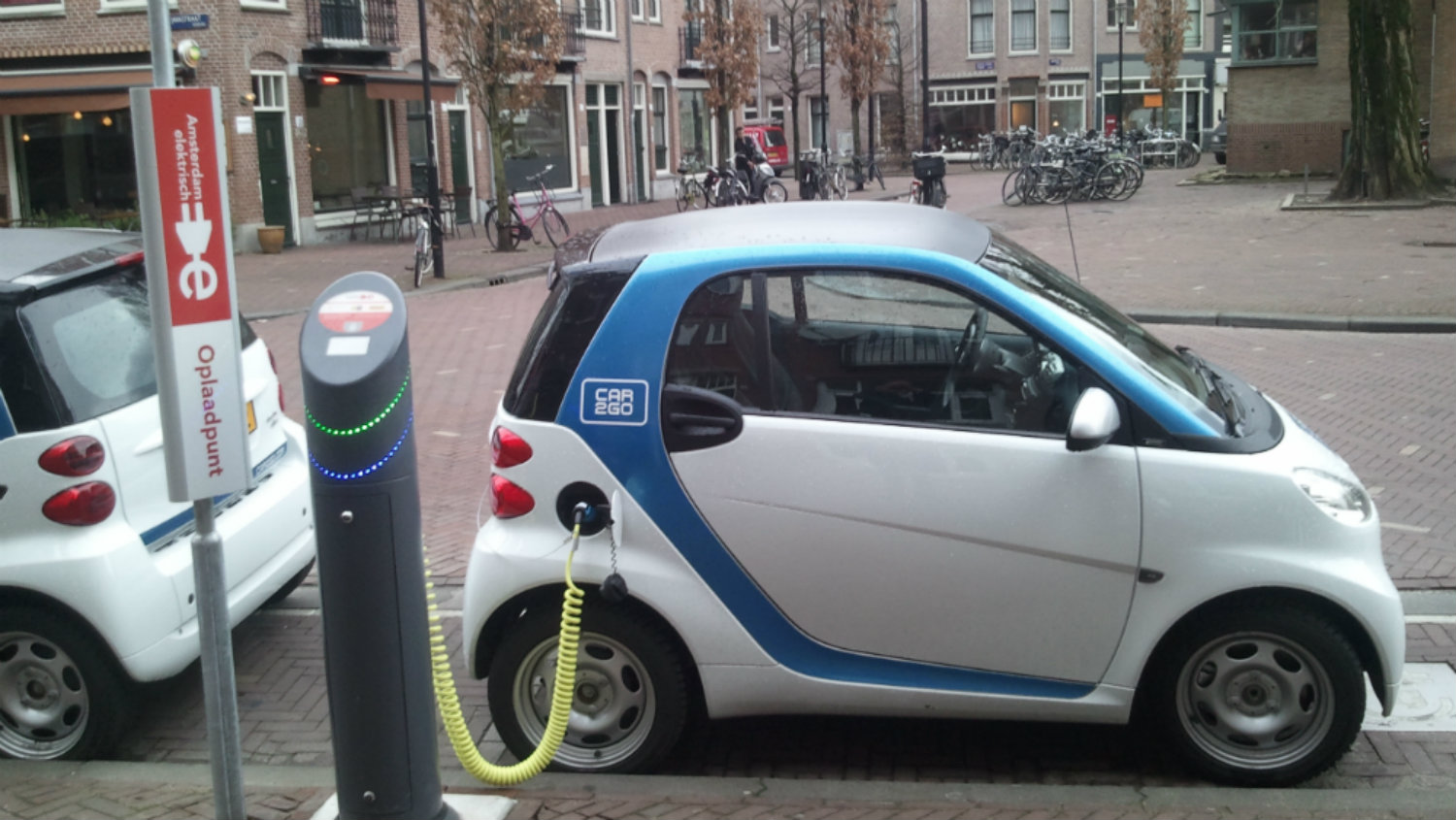During a speech in Sun Valley, Idaho, back in 1999 (that has since become a cult classic), billionaire investor Warren Buffett talked about the auto industry.
His speech went something like this.
In 1910 it was obvious cars were going to be a huge growth industry for decades to come. But with hundreds of small auto companies, what was the best way to play this upcoming trend? How could investors figure out which auto company was going to succeed?
With the benefit of hindsight, we all know the answer. But that didn’t help investors a century ago. So in an effort to teach his audience a lesson in second-level thinking, he proposed a different solution.
Short horses.
It didn’t matter which car company won. Horses would lose. Thus, the best way to play the idea was to bet on the loser and ignore the winner.
There’s a lot of similarities between the auto industry a century ago and the sector today. Yes, we have a handful of dominant worldwide automakers today, but they are being challenged by tech companies like Tesla and Apple, who are both in various stages of bringing to market truly revolutionary cars. Even Samsung makes cars in South Korea, although it’s a tiny part of the company’s operations.
Not to be outdone, traditional auto makers are coming up with their own innovative models. General Motors just announced the Bolt EV, a fully electric model that will have a range of 238 miles with a price tag under US$40,000. Nissan has its own electric car on the market, and BMW will start to sell its electric i3 model this fall.
With so many auto manufacturers vying to create the next killer car, picking the winner looks to be tough. Instead of trying to bet on a particular car company, allow me to present an alternative thesis for investors.
The 21st-century version of shorting horses
Let’s do a little second-level thinking about the car industry today. Even if a company like Apple or Google decides to build a car from scratch, they’re still going to need car parts. Heck, such a company might even choose not to bother building a car at all, contracting out the dirty work. These companies are used to getting such work done for other electronics, so why not cars?
There’s one company that’s poised to really do well in such a reality. That company is Magna International Inc. (TSX:MG)(NYSE:MGA).
Magna is a behemoth in the auto sector. It has 309 manufacturing facilities and 99 product development, engineering, and sales centres in 29 countries. It boasts a market cap of nearly $21 billion and some 131,000 employees. And, perhaps most importantly, it has become a leading supplier to just about every car company on the planet, providing everything from seats to electric motor technology to the industry.
Magna has the expertise, facilities, and ability to build a car for Apple, Google, or any other tech company completely from scratch. It can take care of the drudgery of building the hardware while letting the tech company focus on the technology behind it. It’s a match made in business heaven.
And unlike phones, there is no race to the bottom. Any car with truly innovative technology built in will sell for a premium price. There will be plenty of room for both Magna and the various tech companies to make money.
Magna isn’t some risky start-up; it is comfortably profitable today. While investors wait for it to take its inevitable market, they get a company trading at just 8.2 times trailing earnings that pays a 2.4% dividend. It has also given back to shareholders in another way–it’s used profits to buy back approximately 5% of its float in the past year.
It might take a few years for the thesis to play out, but if it does, investors who’ve loaded up on Magna today are going to be very happy.








